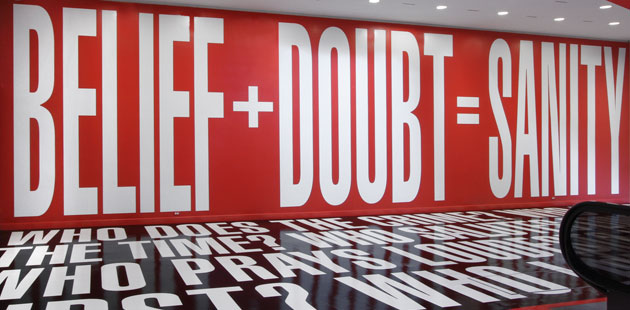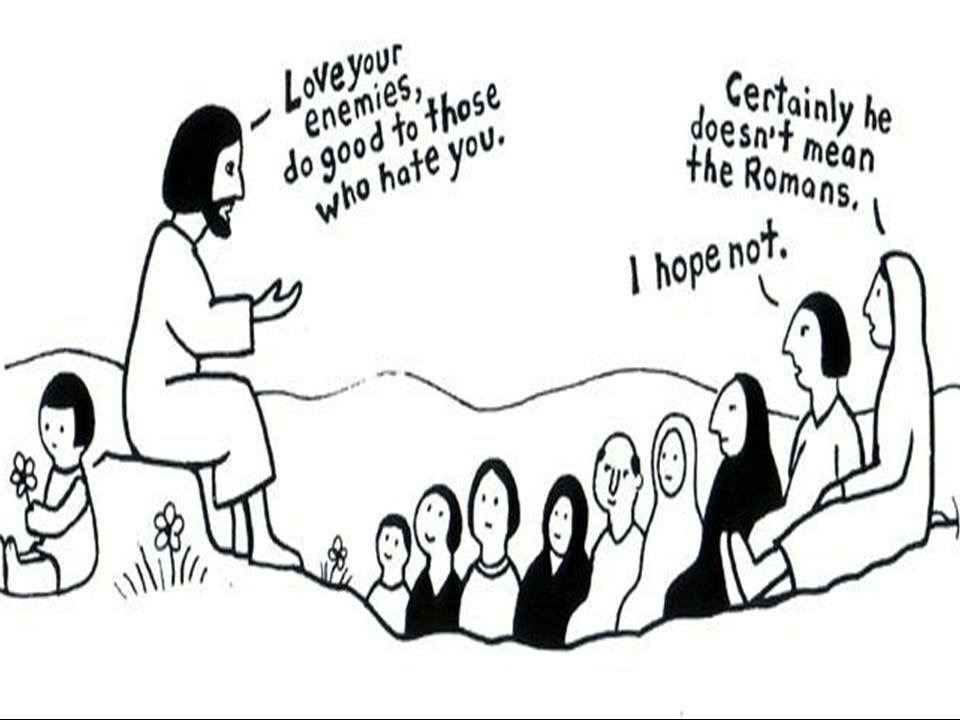
"Wisdom is the application of knowledge"--a thought that came to my mind as we drove home...
I gave my brother-in-law (who is living with us right now) a ride to institute this week. And since it's quite a drive I decided to stay and attend class with him. I'm so glad I did! The name of the class: "The Cost of Discipleship". The teacher was fabulous. I have had other opportunities to be trained by him a couple of times when I taught seminary. Every time I came away with special insights. We also have something else in common--we both love Neal A. Maxwell.
He shared several thoughts from Elder Maxwell's talk entitled: "In Him All Things Hold Together", a talk I highly recommend. I've since taken the time to read it in full.
Elder Maxwell was so unique in how he taught us about the development of Godly or Christlike attributes being tied to our discipleship. Discipleship was the theme of his life and the legacy of his ministry. He also used to talk of "misery prevention", which has two parts:
1. Active avoidance of evil
2. Active engagement in righteousness
In a life-style of repentance, it's not enough to simply get rid of something bad. We must substitute something good to take its place. Here's where the "becometh a saint" part comes in--along with getting rid of the natural man, in Mosiah 3:19.
"Too often when we seek to excuse ourselves, it is, ironically, 'the natural man' we are excusing. Yet scriptures inform us 'the natural man' is to be 'put off'. He certainly should not be 'kept on' because of a mistaken sense that the natural man constitutes our individuality." ("In Him All Things Hold Together")
Three key scriptures that list a chain of significant Godly attributes are:
Mosiah 3:19
Alma 7:23-24
Alma 13:27-29
The question that the institute teacher posed was: "Is the development of Godly/Christlike attributes optional?"
With an abundance of such scriptures, one need not think too long before answering that question. After all, there's no way around the command: "Be ye therefore perfect, even as your Father which is in heaven is perfect" (Matthew 5:48). The footnotes include the Greek meaning of "perfect" as "complete, finished, fully developed".
Obviously we can't keep this commandment perfectly right now, but we can try. I know I could definitely apply a little bit more "elbow grease" in the effort. It doesn't have to be daunting if we allow ourselves to be led by the Spirit and use the Atonement of Christ (as we're supposed to) to enable us to become more Christlike. I'm all about baby steps. But whatever our current state of discipleship, it's clear that possessing these cardinal qualities are not optional. And I did learn some compelling reasons as to why we ought to start now.
The prophet Joseph Smith said, "If you wish to go where God is, you must be like God, or possess the principles which God possesses, for if we are not drawing towards God in principle, we are going from Him and drawing towards the devil." ("Teachings of the Prophet Joseph Smith," p. 216)
Clearly, the challenge of discipleship is the development of these Godly/Christlike attributes. (See, for example, "The Challenge To Become", another one of my favorite talks.)
When we read of God's attributes we read of humility, diligence, kindness, being full of love and being easy to be entreated, compassion, holiness, patience, temperance, knowledge, faith, virtue, honesty, meekness, submissiveness, obedience, mercy, long-suffering, and doing good continually.
Naturally, it would be important to learn what these attributes actually are. But we can also learn a lot about what these attributes are by learning what they aren't.
For example, when I think of words that are opposites of "diligence", I think of "slothful", "procrastination", and "unreliable". Then I start to recognize areas in need of more diligence--home teaching, scripture study, and temple attendance.
Opposites of "submissive" are: "resistant", "prideful", and "stubborn". I suppose I need to evaluate how submissive, or perhaps resistant, I sometimes am when attending various meetings or valuing certain standards/rules. Elder Maxwell specifically mentions not being "resistant to the Spirit, to counsel, or to life's lessons" in being submissive to God.
One attribute I often read in the scriptures but seldom give much thought to is "temperance". Elder Maxwell said that temperance means to be self-restrained, not being egoistic, not too eager for attention or recognition, and not being too talkative. I think for me it also means getting enough sleep so as not to be irritable. I'm amazed at how all these attributes are so tied together, and how God is perfectly all of those things.
We think of becoming like God as a destination--as the ultimate goal. And it is that, but the development of these attributes are also significant mile markers on the journey back.
So why ought we to work on these attributes now rather than wait if we have eternity to become perfect?
1. Attributes help us reach balance in life
2. They help us stay on the path
3. They make life's experiences (and the experiences God gives us) meaningful.
The Prophet Joseph taught: "The nearer man approaches perfection, the clearer are his views, and the greater his enjoyments..." Certainly we gain more of a "fullness of joy" as we become those things. Elder Dieter F. Uchtdorf gave a conference talk in which he called Christlike attributes "the wind beneath our wings".
One last Elder Maxwell quote: "The Lord loves each of us too much to merely let us go on being what we now are, for he knows what we have the possibility to become! It is all part of the journey of going home. Developmentally, we are all prodigals. When we really "come to" ourselves, spiritually, we, too, will say with determination, "I will arise and go to my father" (Luke 15:18).
"This true celebration of the risen Lord...is one of emulation as well as of adoration for him. Since he is risen from the grave, let us not be dead as to the things of the Spirit! How can we celebrate the empty tomb with empty lives? How can we celebrate his victory over death by being defeated by the world?"

















